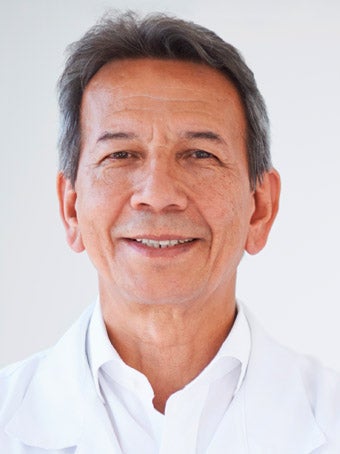- Home
- Health Library
- Advice From a Breast Cancer Survivor: What They Might Not Tell You
Advice From a Breast Cancer Survivor: What They Might Not Tell You
September 18, 2017Tags: Cancer, Mental Health, Psychosocial, Lifestyle, Depression, ShareWIK, Oncology, Breast, Breast Cancer, Expert Insight, Cancer, Mental Health, Psychosocial, Lifestyle, Depression, Cancer, Breast, lump, Mammogram, Mammography, screening, test, Breast Pain, breast screening, What is breast cancer, cancer of breast, cancer in breast, Breast Health, malignant tumor, malignant tumor of breast, dcis, ductal carcinoma in situ, lcis, lobular carcinoma in situ, metastasize, Women's Health, Chemotherapy, Self-care, nail, care, during chemotherapy, chemo, Oncology coping with hair loss, Skin Care During Chemotherapy, Radiation, radiation therapy resources help, cancer treatment, oncology, communicating with others, cancer, communicating with others, communication tips, cancer, patient, information, General, resources, Male, Female, Adult (18+), Adult
Related Providers

Dr. Eiko Browning, MD
Oncology
Provider ratings
5 out of 5 (22 ratings)
Accepting new patients
Related Posts
Lymphedema: Your Treatment Options
Many breast cancer patients develop lymphedema and must learn to manage it even after they've finished their cancer treatment. Physical therapist Elizabeth Frierson, DPT, OCS, CLT explains how lymphedema is treated.
Breast Cancer: Chemotherapy
Chemotherapy may be able to cure breast cancer. If a cure isn't possible, chemotherapy may help keep the cancer from growing or spreading. Or it may help ease symptoms caused by cancer and improve your quality of life.
Breast Cancer: Symptoms
Breast cancer often causes no symptoms in its early stages. Women with early breast cancer usually don't have pain or notice any breast changes caused by the cancer. This is why routine screening tests are so important.
Breast Cancer: Genetic Testing
If you are believed to be at risk for a hereditary cancer syndrome, genetic testing can be helpful. It can be used to look for the gene changes linked to these syndromes.




